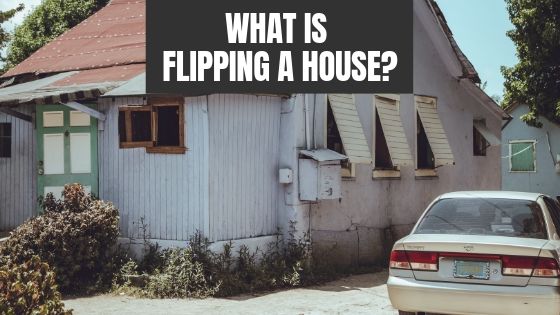Flipping a house is a common practice that real estate professionals are getting involved with more. Some people have built entire careers out of house-flipping and others who have no other interest in real estate flip houses as a hobby or simply so they can live in one of these properties. Many people look at house-flipping and think it’s something simple they can do to make a quick profit. This mindset is incorrect and house-flipping involves much more than purchasing a rundown home, making a few adjustments, and reselling it. You need to enter into the project with some knowledge and make sure there’s value in the real estate property before purchasing it and putting a lot of effort into flipping it.
Different types
When people hear flipping houses, they usually think of purchasing a house, remodeling it, and then selling it for a higher amount than what they bought it at. There’s another kind of house-flipping as well; purchasing a house when the market isn’t doing as well and holding onto the property until the value goes up. People often use this method in urban or suburban areas. They can hold onto the property, maybe rent it out or live in it themselves, and then sell it as the property value increases and make a significant amount. This method involves a lot less work than traditional house-flipping where you need to remodel the home, but it’s also a bit riskier and takes longer since you’re waiting for the market to change.
What to be aware of
When you’re flipping a house, regardless of the method you choose, you need to be aware of the risks. It’s important to go into flipping a house with enough money to sustain the project. Many people buy into the myth that you can get started in house-flipping with little money and be successful at it. While this dream can happen to some people, for most people, it’s a huge financial risk and can hurt you. Make sure you also have enough knowledge and skills to flip the house. If you’re considering doing it on your own, make sure you know what you’re doing or that you have trusted contractors to work with on the project. You should give yourself plenty of time to get the project done as well, especially if this project is your first time flipping houses.
The benefits
Successfully flipping a house comes with a few benefits; the biggest being you can make a decent return on investment through doing it. On average, a 15% net return profile is considered a benchmark for many in the industry. There will be projects that make considerably more than this, and some that will even lose you money. On average, if you can churn your portfolio for 15%, that is a realistic benchmark. Flipping houses also gives you valuable experience for remodeling homes and gives you a taste of the real estate market. You can start at your own pace to get your feet wet and then take on larger projects as you gain experience.
